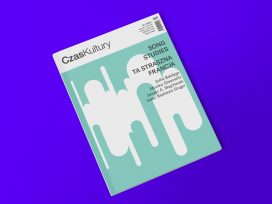
‘Czas Kultury’ remembers Serbian protest-rockers Rimtutituki, the anti-militarist supergroup banned by Milosević. Also: offensive French writing – why aversion excludes.

‘Czas Kultury’ remembers Serbian protest-rockers Rimtutituki, the anti-militarist supergroup banned by Milosević. Also: offensive French writing – why aversion excludes.
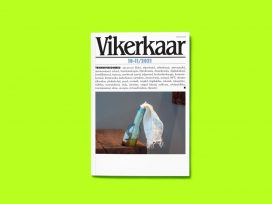
In a technology-themed issue of ‘Vikerkaar’: why the future of mobility is public and integrated; why climate change is a boon for biotech; and why cheap energy is not green energy.
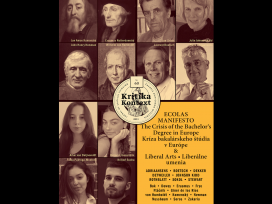
How can higher education help us tackle the crises Europe is facing? Kritika & Kontxt says the liberal arts have a model to offer.
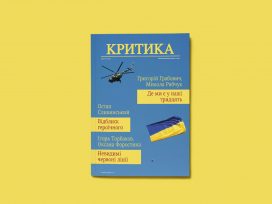
In an issue of ‘Krytyka’ on Ukrainian independence: a catalogue of errors from Kuchma to Zelensky; a personal history of freedom formed; and seismic shifts in the Kremlin’s symbolic geography.
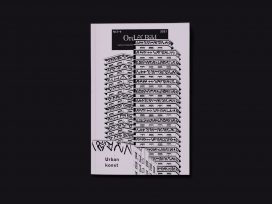
‘Ord&Bild’ features urban art: with articles on the aesthetic boundaries pushed by graffiti pioneer Zevs; the sanitization of the underground in Swedish cities; and transgender cultural organizing in São Paulo.
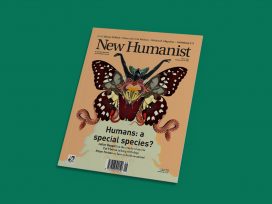
In ‘New Humanist’: the social and political roots of sorcery accusation-related violence and how to stop it; and why recognizing animal sentience means respecting animals, not treating them like furry versions of ourselves.
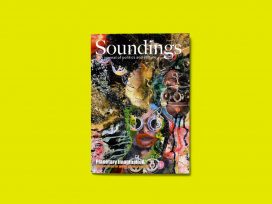
In ‘Soundings’: environmental justice and the failure of neoliberal regulation; littered space and the emergency in Low Earth Orbit; Dipesh Chakrabarty on the global of global warming; and Paul Gilroy on the creolized planet.
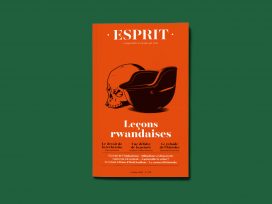
‘Esprit’ focuses on France’s responsibility in the Rwandan genocide. Including articles on the role of the Duclert report; the roots of Mitterrand’s failure; and the gradual progress in proving guilt.
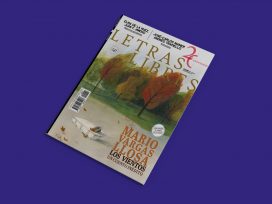
In the twentieth anniversary of ‘Letras Libres’, Mario Vargas Llosa vents his spleen at modern society – or maybe he is just having an attack of wind. Also: why Spain is incapable of institutional reform.
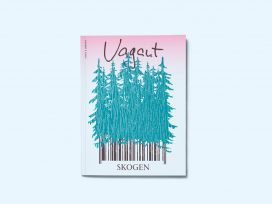
‘Vagant’ fears for the forest: with articles on the crowded biome; a Californian season in hell; tree death in the Harz; and terraforming Copenhagen.
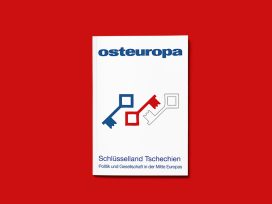
Osteuropa focuses on the ‘key country’ of the Czech Republic: with articles on the state of democracy and the transformation of the party system as mirror of wider processes. Also, an overview of a thousand years of religious history, and the new-old national self-image in film.
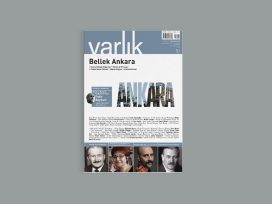
‘Varlık’ devotes an issue to Ankara, the deprecated capital: including articles on Republican theatre in the 1930s; the political symbolism of Atatürk monuments; and urban history in Anafartalar Street.
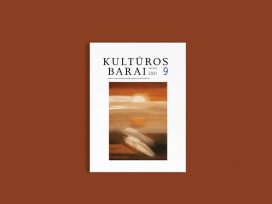
In ‘Kultūros barai’: why the pandemic has brought out the worst in Lithuania’s politicians; whether there is such a thing as an individual common good; and how the Jewish history of Žagarė reaches into the present.
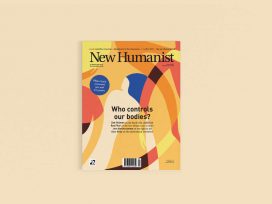
In ‘New Humanist’: articles on the economics and ideology of obstetric violence; why the UK has not yet legalized assisted dying; and what the shutting down of sex work platforms means for sex workers.
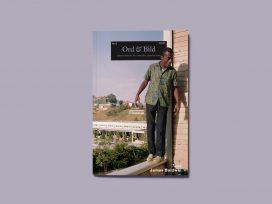
‘Ord&Bild’ asks what, besides his radical appeal, makes James Baldwin relevant today: featuring a conversation between literary scholars Cora Kaplan, Justin A. Joyce and Douglas Field; a revelatory reading of Baldwin’s FBI file; and explorations of Baldwin’s writings on alienation.
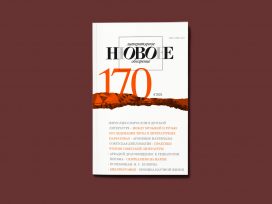
In ‘NLO’: the story of the decidedly liberal First Russian Art Exhibition of 1922; depictions of physical abuse in Soviet children’s literature; girls’ encyclopaedia; and the thawing of authorial emotions.